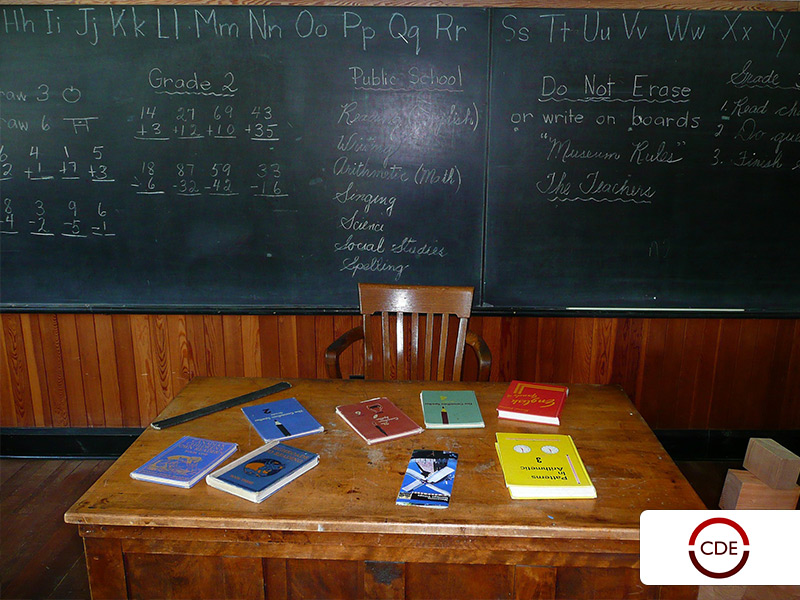Good teachers equal good schools

The international experience on schooling reform provides a compelling set of ideas about how to get South Africa’s struggling schooling system moving in the right direction, writes Ann Bernstein
This is one of the most important challenges facing the country. The Centre for Development and Enterprise (CDE) recently organised a workshop in Washington, DC, to examine the international experience of educational reform, and uncovered important lessons for South Africa from global best practice.
Both reducing class size and increasing the amount of money spent on education are largely ineffective. The majority of schooling reforms around the world do not consistently improve pupil outcomes.
The reason for this?
Quite simply, they target the wrong issues. It’s what is taught and how it’s taught that really matters. A minimum level of expenditure is important but the key issue is how the money is spent and whether it’s biased towards improving classroom performance.
A recent World Bank study found that maths pupils in the second poorest province in China were performing well above the national and international average.
It found no clear link between test scores and per-pupil expenditure, showing that outcomes are driven by important interventions beyond finance.
Teacher quality is the most important lever for improving pupil outcomes. McKinsey’s review of the best performing reformed school systems (from South Korea to Finland) shows that the quality of an education system cannot exceed the quality of its teachers.
Top performing systems recruit talented people and train them intensively. Those who do not meet strict quality criteria are forced to leave. Selection for teacher training is tough, with teaching being seen as a prestigious profession.
South Koreans have a national holiday to celebrate the new crop of teachers graduating every year.
The only way to improve outcomes is to improve instruction. Reform needs to focus on improving teaching skills and changing classroom practice.
Problems arise when teachers come straight out of college, do not interact.with their peers and have no examples of excellence. The best systems improve teachers’ skills by bringing professionalism, mentoring and apprenticeships back to teaching. Mindset and organisational shifts are vital.
Every school needs a strong leader. Top performing systems recruit and train excellent principals. They find candidates with intrinsic leadership skills and support them to become effective leaders.
South Africa has emphasised enrolment over achievement in schooling. Many pupils go through the schooling system without actually learning – a problem that starts in the early grades with a failure to instil basic operational skills.
Globally, issues of quality are more difficult to address than issues of access. Addressing quality means working differently and being accountable for results. It is popular to build schools, hire teachers, provide computers and expand enrolment – but this on its own doesn’t bring quality learning.
Quality can only be improved through difficult debates about who should teach and how, about how to run schools even with very limited resources and about finding the balance of power and accountability between education departments, parents, principals, teachers and pupils.
The quality of schooling has an important impact on equality in a country. Increased enrolment only works if pupils learn effectively at school. A number of studies now show that militant intervention – leadership, incentives for performance and penalties for lack of delivery, effective support for teachers – can increase the scores of poor learners 20 to 30 percent within three to five years.
The more countries achieve in schooling reform the more equal they are. One needs to pay attention to the equality of quality.
The degree of teacher supervision, evaluation and support correlates with good teaching. In China teachers are encouraged to support each other and observe each other’s lessons. Records are kept and checked by the principal and inspector, who also spend time observing and monitoring.
Good teachers are developed by identifying those who are unqualified, giving them an opportunity to upgrade their qualifications within a set period and dismissing them if they do not achieve this. Rural teachers are paid good salaries and there is prestige attached to the profession.
Improving South African public schooling is not a secondary or peripheral issue. Successful reform will be difficult and will require vision, staying power, managerial competence and political courage. South Africa’s future success requires a greatly improved system. So do its children. A high level of commitment is required across the board for long-term success






